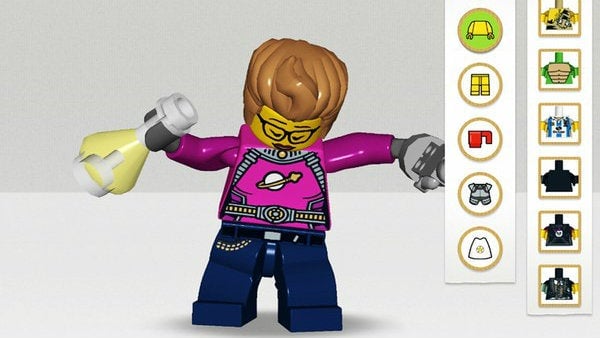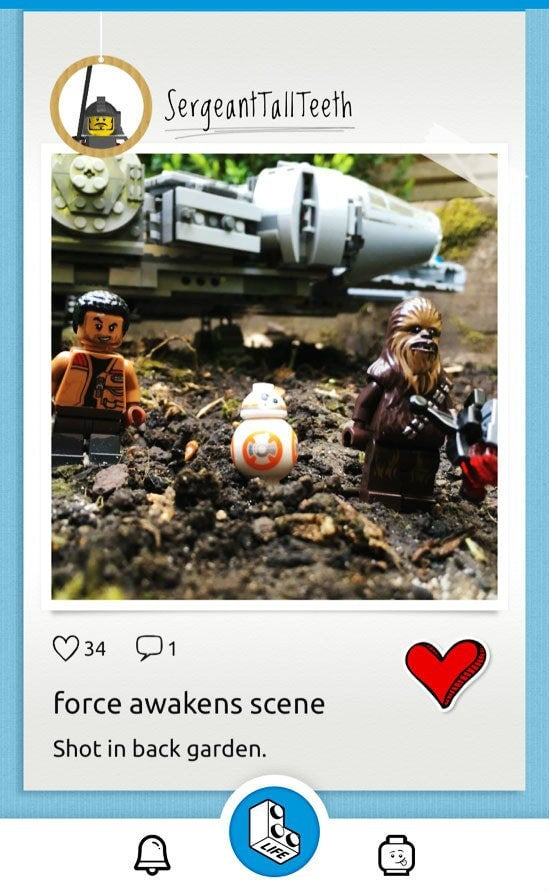Lego is starting a “safe” social network for children
Parents hoping for something safer than Instagram, take solace: Lego has introduced a social network for under 13s which does not allow kids to upload human photos or write snarky and/or inappropriate comments.


Parents hoping for something safer than Instagram, take solace: Lego has introduced a social network for under 13s which does not allow kids to upload human photos or write snarky and/or inappropriate comments.
LegoLife, as the network is called, has some Instagram-like features, including a newsfeed, profiles and the ability for kids to share pictures of their own Lego creations. But there are ample restrictions, including a ban on real-life photos and free-form commenting. Parents have to approve the sign up, which requires an email verification. User names are generated for kids, with silly three-word mixes, like “ElderPowerfulBelt” or “ChairmanWilyDolphin” churned out. Text is limited to prewritten responses of custom Lego emojis and stickers. And every image is vetted by Lego before it goes up to make sure it is Lego-related and not creepy-human related.
So what can kids do? They can follow their favorite topics and groups—including those dedicated to superheroes—related to their favorite Lego characters. There are challenges and “recommended builds.” There are no in-app purchases, but Lego-related ads abound. And they can create their own mini Lego avatars—which move as you design them —replete with plenty of accessories.
Wired thinks the whole thing successfully ferrets out the grosser elements of the internet:
What’s most interesting about Lego Life, though, isn’t that it exists. It’s how Lego worked to create a pastoral place on the internet, one where the exchange of ideas and inventions remains unsullied by, well, the usual.
It’s not clear whether one long, rolling product-placement will repel or appeal to kids, even if they love Legos. Some parents were dubious: “It’s training them to be consumers to be addicted to online pseudo-relationships instead of real friends. Let them get dirty in the park. Let them go out and DO stuff,” said one London-based mother of three.
And the arrival of LegoLife happens to coincide with the news that Club Penguin, a social network for kids launched in 2005, is shutting down. The abundant competition for young kids’ attention—from YouTube to cable TV and mobile apps—is among the factors behind the Disney-owned social network’s struggle. (A new mobile social network, Club Penguin Island, is coming in March.)

According to the BBC, the site does not collect any personal information and tracking is not enabled. Calls to Lego media representatives were not returned.
In Britain, more than half of 12- to 15-year-olds and 43% of of eight- to 11-year-olds are on Instagram, according to OfCom (pdf), the country’s communications regulator. It’s unlikely that any who have joined Instagram will gravitate to something significantly less personal and customizable, but it may offer the perfect practice ground for younger kids eager to test social-media waters.